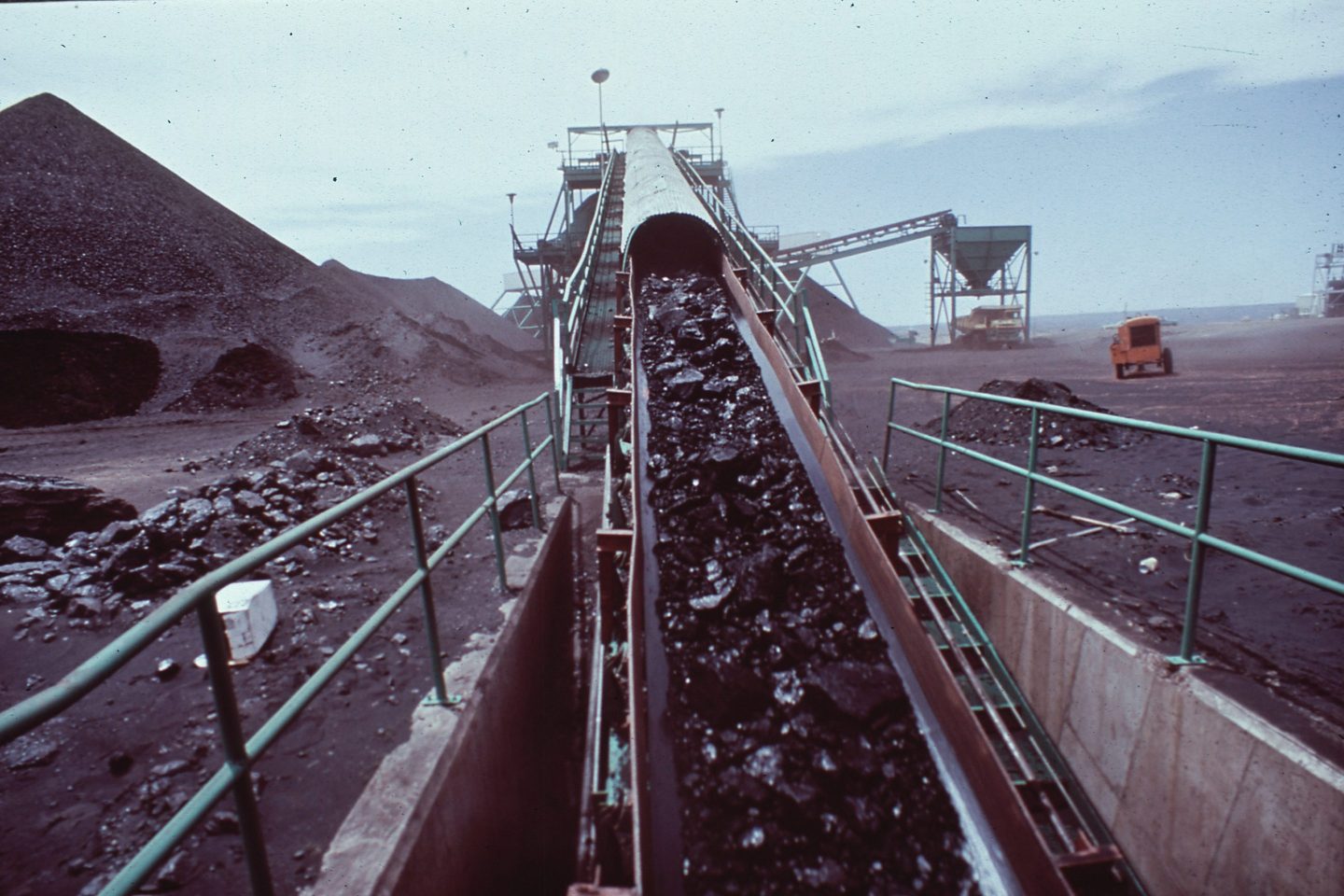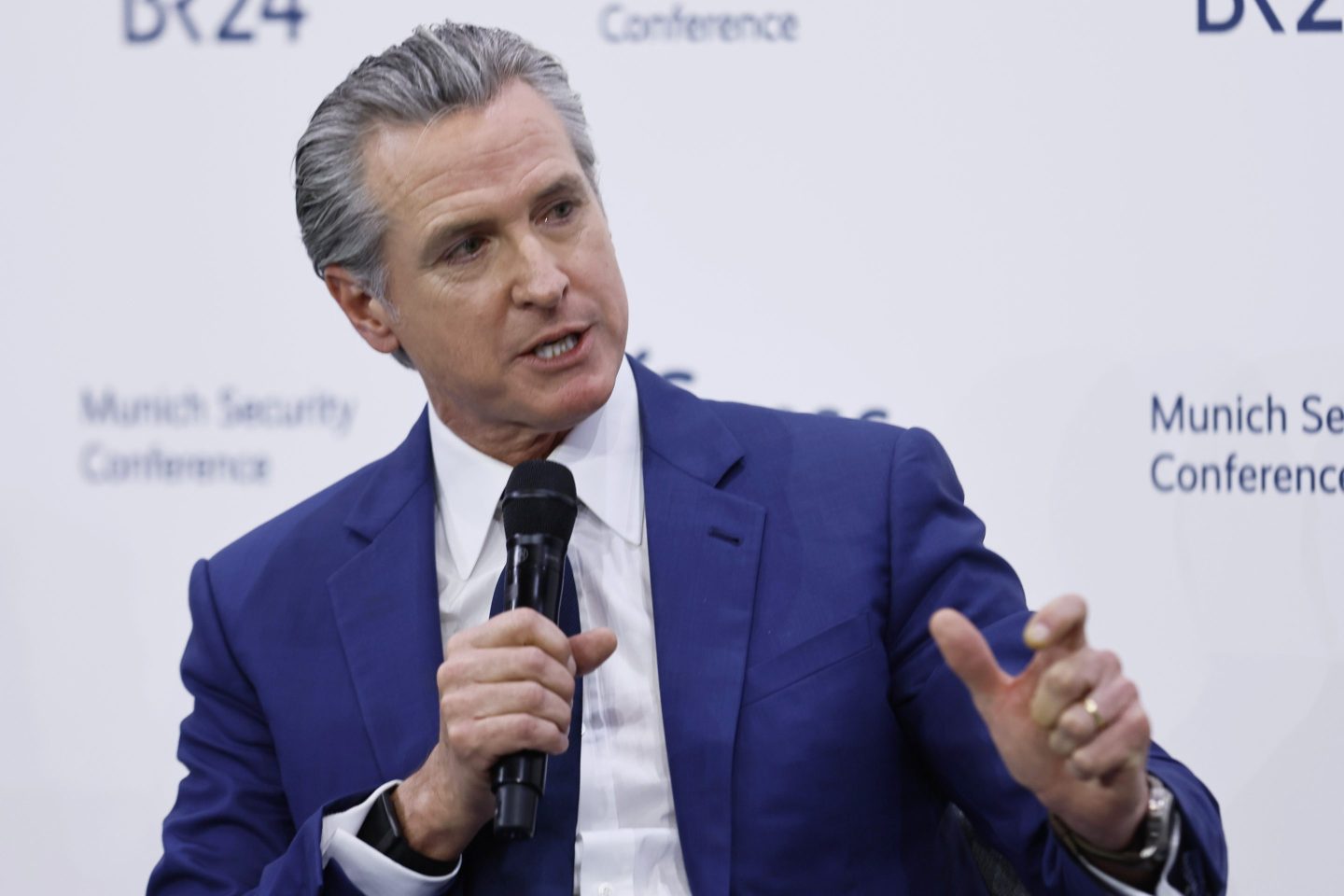Beer could be facing an existential crisis as climate change looks set to hammer Europe’s vital barley supplies, a major brewing chief has said.
Speaking to the Financial Times, Asahi chief Atsushi Katsuki said analysis carried out by the group suggested barley supplies were under major threat over the next three decades.
Most of the world’s barley, a crucial ingredient in beer production, is grown in Europe. The continent’s climate—usually wetter than anywhere else—has proven fertile ground for the crop. The EU produced more than 52 million metric tons of the crop in 2021.
However, supplies of the crop were hit last year when Russia, the biggest producer of barley outside the EU, invaded Ukraine and brought in strict export restrictions. And climate change, Asaki tells the FT, is a much bigger threat to the world’s beer supply than Vladimir Putin’s war.
“Although with hotter weather the consumption of beer may grow and become an opportunity for us, climate change will have a serious impact,” Katsuki told the FT. “There is a risk that we may not be able to produce enough beer.”
Katsuki said that under the UN’s worst-case scenario of 4 degrees Celsius warming by 2050, 18% of France’s barley supplies would be wiped out. Under the targeted 2-degree warming outlined in The Paris Agreement, supplies would fall by 10%.
In Poland and the Czech Republic, barley supplies could drop by 15% and 25% respectively under the 4-degree Celsius scenario, according to the FT.
Producers are now trying to combat climate change-induced disruptions to their operations by creating supply chain disruption responses or moving to more versatile crop alternatives.
Asahi, which also supplies the Italian brand Peroni Nastro Azzurro, is one of many brewers taking those measures.
Japan’s biggest brewer has teamed up with Microsoft to help better understand how to maintain Czech hops suppliers’ plants as the weather in the region becomes more unpredictable. Microsoft is supplying AI weather-monitoring systems that could mitigate disruptions.
Other major producers are trying to cancel out the effects of global warming entirely. Budweiser owner AB-Inbev and Danish group Carlsberg have both invested in drought-resistant barley grown in the hot African climate in anticipation of climate change.
Tough times for beer
Beer has had a tough time in recent years as its various inputs run into distinct problems.
Barley, along with other grains, enjoyed relative price stability prior to the onset of COVID-19, as analysis by the U.S. Bureau of Labor Statistics (BLS) shows.
The prices grain producers received rose from 14.9% between 2017 and 2019 before they jumped 73.5% between the end of 2019 and the start of 2022. Changing consumer tastes following lockdowns and shortages caused by Russia’s invasion of Ukraine were highlighted by the BLS as major reasons.
Rising malt barley prices, used to flavor beer, also put the squeeze on brewers who were forced to pass the higher costs onto their customers.
The U.K.’s own beer supplies ran into trouble in the summer of 2022 after high energy costs put a halt on fertilizer production, crucial for the supply of carbon dioxide which carbonates the drink.
Meanwhile, British suppliers are also being forced to cut the amount of alcohol in each drink in the face of rising costs and tax hikes. The phenomenon, known as “drinkflation,” has reduced alcohol concentration in brands Foster’s and Greene King by two- or three-tenths of a percent, CNN reported.













